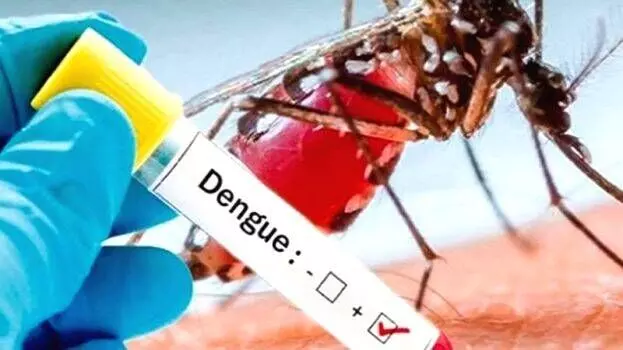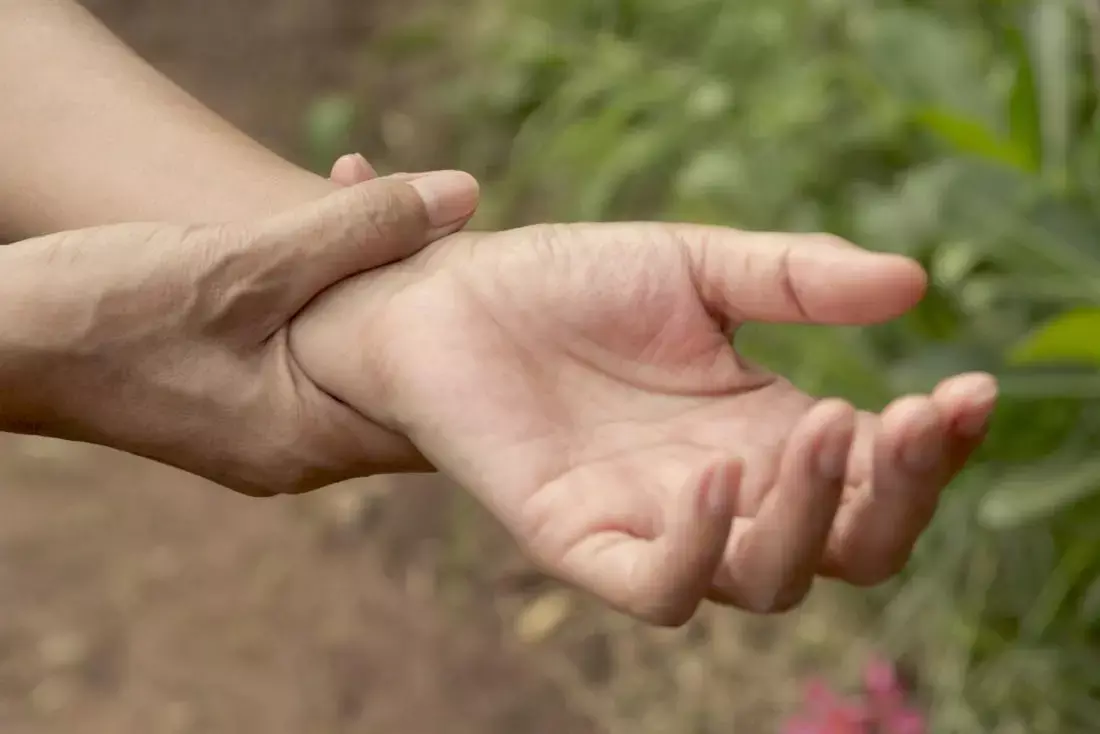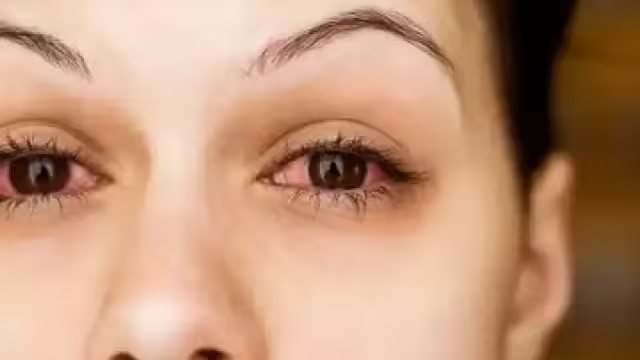
Unusual rains in NCR lead to surge in Hepatitis A, E and eye flu cases
text_fieldsNoida: Unusual rains in the National Capital Region have led to a rise in diseases like Hepatitis A and E and eye flu.
In Gautam Buddha Nagar district, 150 to 200 eye flu cases are being reported daily at government and private hospitals, while Hepatitis A and E have been confirmed in hundreds of patients in the last one month, as per government data.
According to doctors, Hepatitis A and E are caused by contaminated food and contaminated water. A patient suffering from Hepatitis A or Hepatitis E can have serious diseases related to gastro, liver and kidneys.
According to Dr Amit, a Noida-based general physician, the cases of Hepatitis A and E are increasing very fast with the gastro OPD in the hospitals filling with patients.
However, patients recover within a short time by taking bed rest and timely medicine and a nutritious diet. It is necessary to always check the water before drinking it.
Eye flu or conjunctivitis, also known as pink eye, is an infection in the membrane of the eye which keeps the eye covered. This disease is caused by coming in contact with dust particles, infection, bacteria etc. and spreads very fast from one person to another.
After contracting the infection, the white part of the eyes becomes completely red with burning and discomfort in the eyes. Itching, redness, discharge of liquid sticky substance from the eyes, are some of the initial symptoms.
To avoid getting infected, it is necessary to keep a distance from people who are suffering from this infection. If the infection is severe, then there could be swelling and pain in the eyes besides mild fever.
The only way to avoid the infection is to keep washing your hands with soap and water every now and then, says Dr Amit. If there is a crust on the eyes after waking up in the morning, and pain, then use a hot compress. Both cold and hot compresses can be taken several times a day.
Eye drops can be used so that the lower eyes remain clean and dirt is removed from it. One should take eye drops only on the advice of a doctor, because many eye drops contain steroids which can harm the eyes. Never rub the eyes, even if there is a lot of irritation.
Infectious diseases always increase during the rainy season, which is why there is a need to take a lot of precautions. In the monsoon season, especially when water accumulates, along with mosquitoes and flies, several types of bacteria and viruses start breeding. During this time, water and food should be kept very clean.
During the rainy season, the ability of bacteria to reproduce increases a lot and due to this, one should avoid eating and drinking any item kept in the open. Always use packaged items.
 Also Read: Genome sequencing reveals severe dengue strain in most positive samples in Delhi
Also Read: Genome sequencing reveals severe dengue strain in most positive samples in Delhi






















